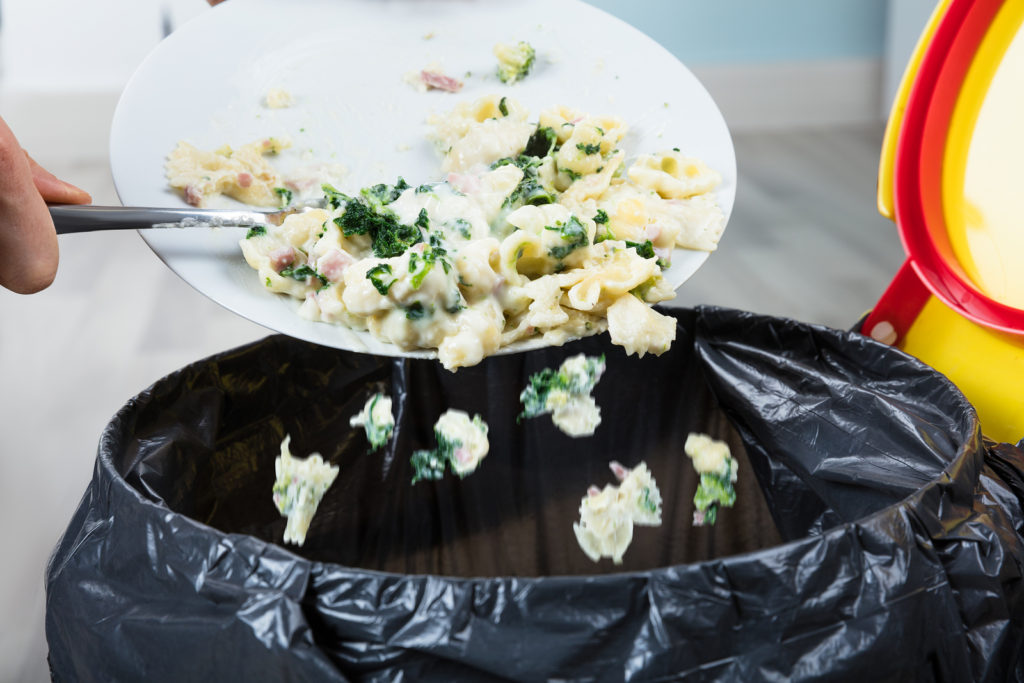
Have you ever cleaned out your fridge only to be disgusted by how much food you’ve let expire? How long ago did I buy that moldy bell pepper? What on earth is this mystery meal in the discolored Tupperware dish? Well, you’re not alone. Americans throw away about $165 billion worth of food each year. That is literally hundreds of billions of pounds of food going straight into the garbage can. That’s a whole lot of waste, which is bad for the planet and for your wallet.
Even with the best intentions, it’s easy to neglect your produce bin and wind up with rotten tomatoes, or forget about the leftovers shoved in the back of the fridge before it’s too late. So, how can you reduce food waste and save that money you’re tossing into the garbage? Here are a few ways to save money and the planet:
Plan your menus
One of the best ways to reduce food waste is to make sure you plan your meals in advance so you aren’t buying more food than you need. Be sure to take into account breakfasts, snacks, and how/when you are going to eat leftovers. An easy way to cut down your cost, as well as your waste, is to plan menus that use the same ingredient in multiple ways. One cheap bag of carrots can be used for breakfast bars, a dinner side dish, and some coleslaw for lunches.
Find good use for leftovers
I have often made a large delicious batch of food, only to discard half of it after forgetting I shoved it into a corner of the fridge in an unmarked plastic container. Portion out leftovers in meal prep containers, or have a plan for giving leftovers a new life. Finding creative ways to use leftovers is an excellent way to save you from food boredom. One of my favorite things to make is a large batch of pulled pork which is great for making sliders, pork burrito bowls, and empanadas. If you can’t eat everything within the week, try freezing portions for a later date.
Compost what you don’t use
Even when you do use your produce, chances are you aren’t using every last bit of what you buy. Compost those potato skins, orange rinds, and banana peels so they don’t end up rotting in a landfill. There are plenty of unwanted parts that can help aide the environment rather than destroy it. Creating your own compost bin is probably a lot easier than you think. Don’t have a yard for composting? No problem! You can compost in your apartment. Or if the “ick” factor of having worms as roommates is too much for you, collect your food scraps, store them in a container in your freezer and deliver to a composting facility or food scrap collection site in your town or city.
Freeze food
While most recipes will make enough to feed a crowd, if you’re only cooking for one or two, you’ll find yourself lamenting the large effort. Try to find recipes that will freeze well in single- or two-serving portions, so that you enjoy “freshly” cooked freezer meals rather than eating the same leftovers for a week straight. Many big batch dishes like vegetarian chili, baked ziti, or enchiladas can be frozen and saved for smaller servings.
Originally published on November 9, 2017.